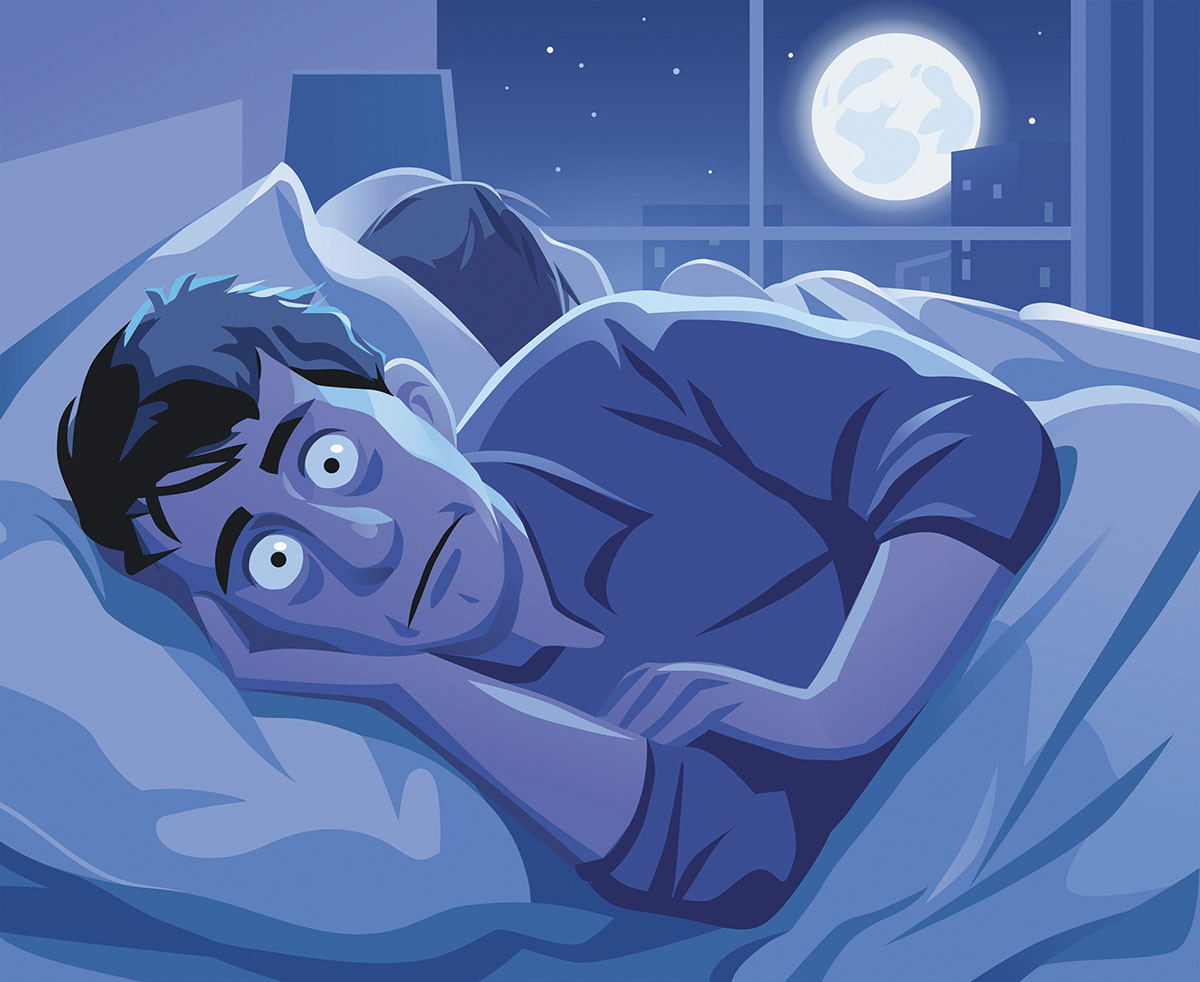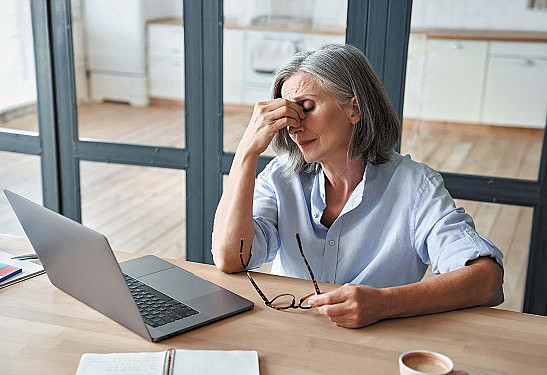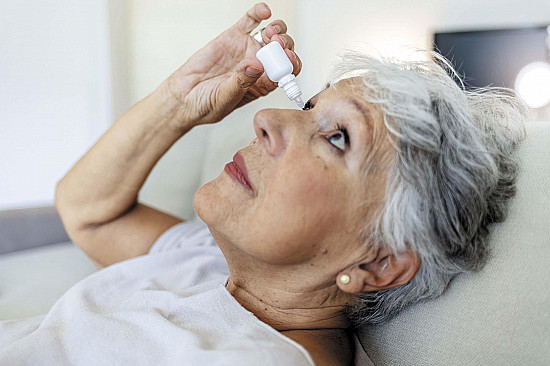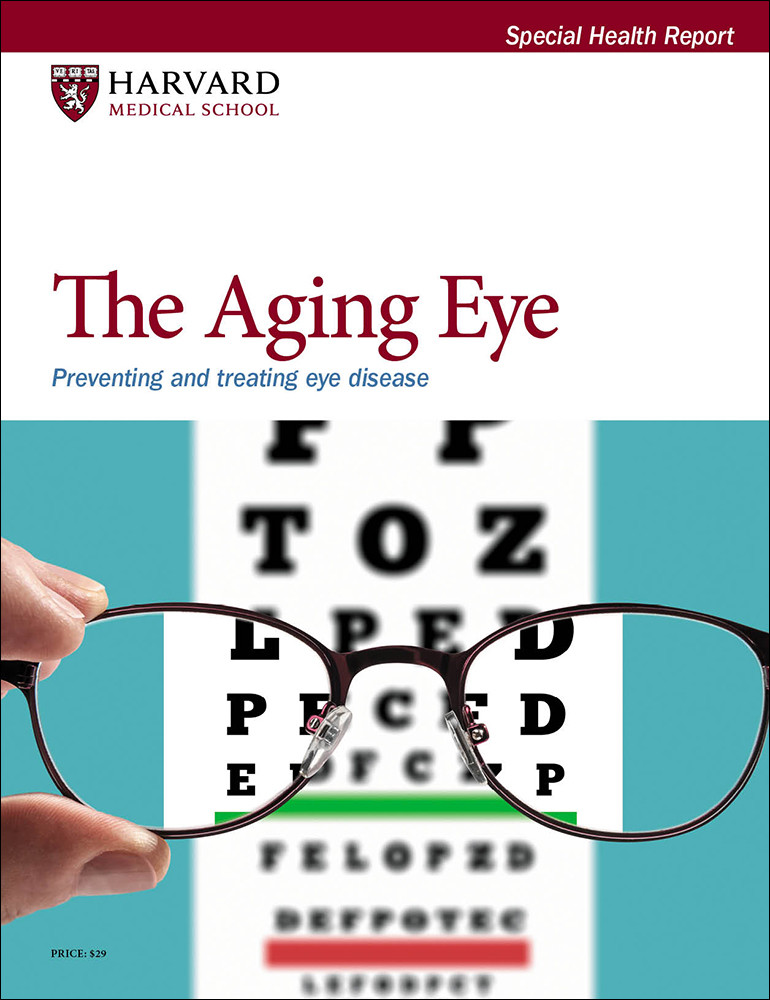Poor sleep linked to a common cause of blindness
News briefs
- Reviewed by Anthony L. Komaroff, MD, Editor in Chief, Harvard Health Letter; Editorial Advisory Board Member, Harvard Health Publishing

Poor sleep is tied to many health problems, such as weight gain, mood disorders, and even dementia. Now, a large study published online Nov. 1, 2022, by BMJ Open suggests that poor sleep is also linked to higher risk for developing glaucoma, a leading cause of blindness. The study involved more than 400,000 people without glaucoma (ages 40 to 69) who were followed for 10 years. Researchers evaluated participants' medical records and self-reported sleep habits. People who had unhealthy sleep patterns (those who snored, experienced daytime sleepiness, had insomnia, slept less than seven hours per night, or slept more than nine hours per night) were more likely to develop glaucoma than people who had healthy sleep patterns. People who had insomnia or slept too much or too little had the highest risks for glaucoma — 13% higher than people without these problems. The study was observational and doesn't prove conclusively that unhealthy sleep behaviors caused glaucoma. So what's the possible link? Study authors say eye pressure increases when you lie down and when your sleep hormones are out of kilter (which occurs in insomnia). That might be a plausible explanation for glaucoma risks, since the condition is caused by increased pressure on the optic nerves, which connect the eyes to the brain.
Image: © kbeis/Getty Images
About the Author

Heidi Godman, Managing Director
About the Reviewer

Anthony L. Komaroff, MD, Editor in Chief, Harvard Health Letter; Editorial Advisory Board Member, Harvard Health Publishing
Disclaimer:
As a service to our readers, Harvard Health Publishing provides access to our library of archived content. Please note the date of last review or update on all articles.
No content on this site, regardless of date, should ever be used as a substitute for direct medical advice from your doctor or other qualified clinician.
















